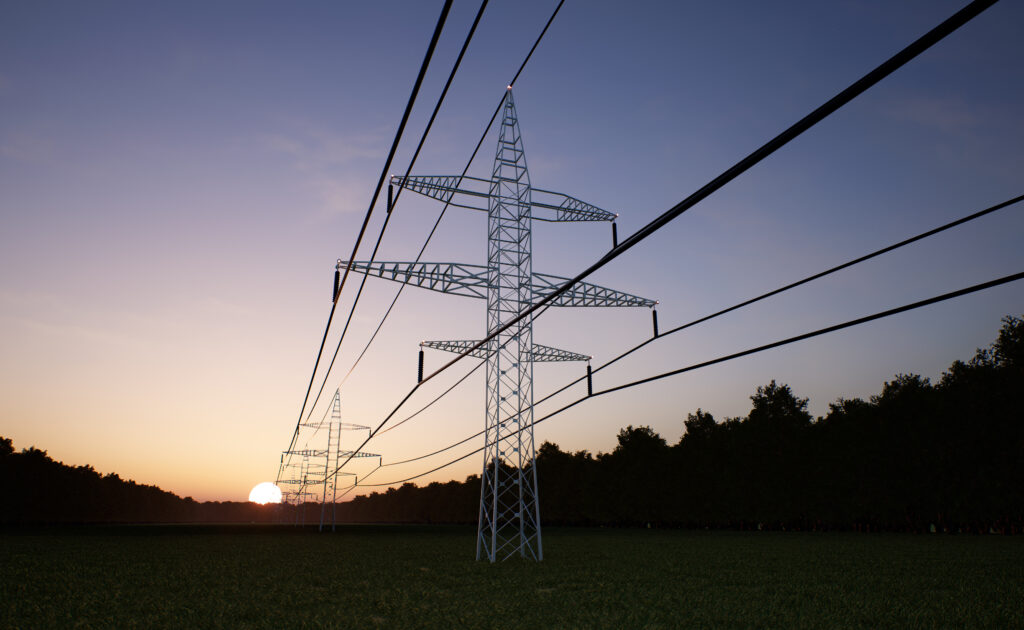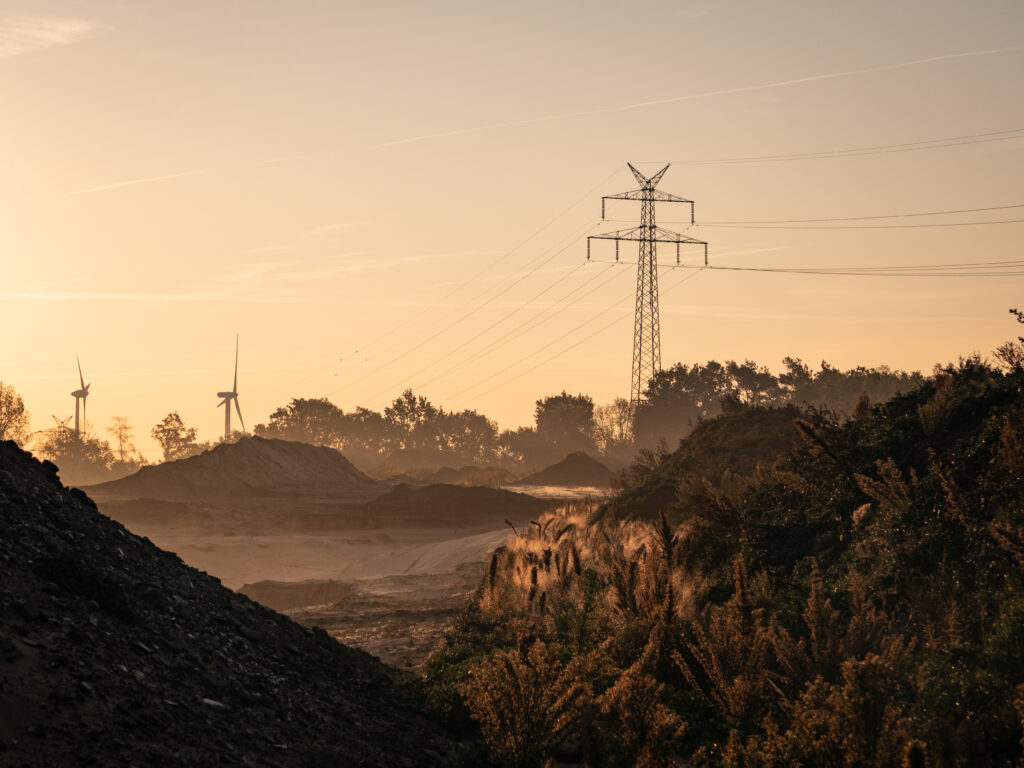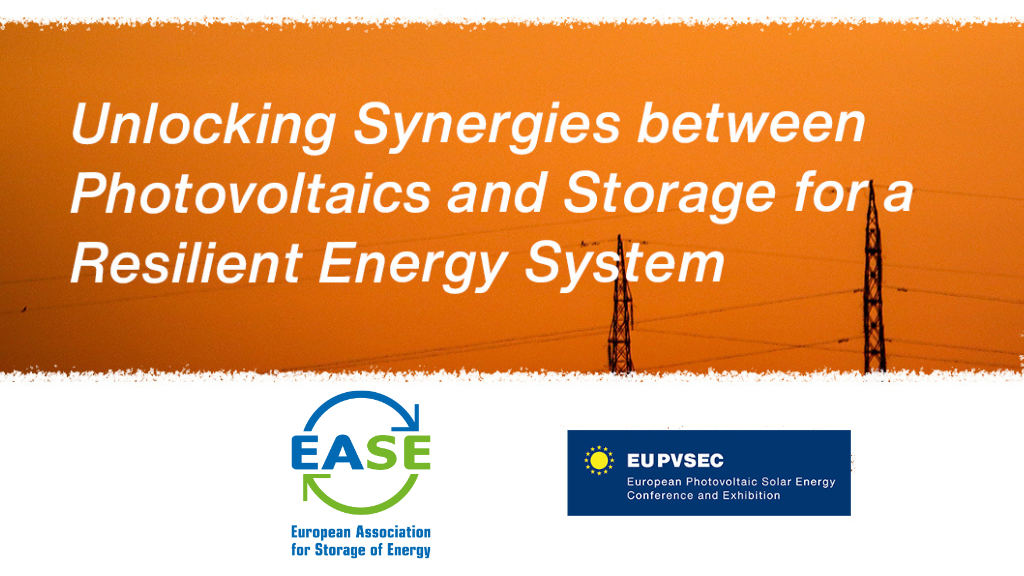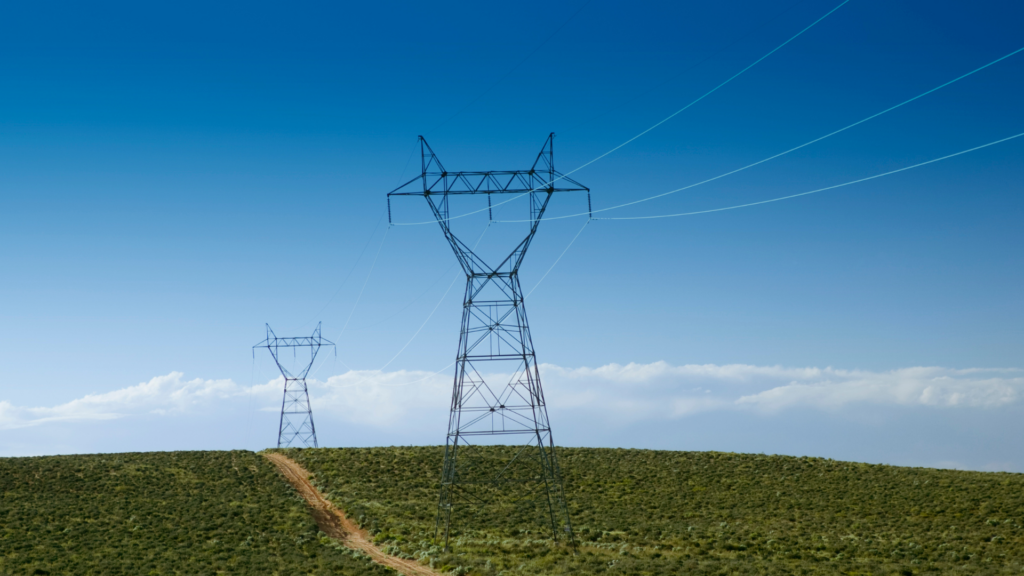09.01.2019 / Storage4EU
Advanced Lead Batteries for Frequency Regulation Energy Storage

As Europe transitions towards electrification and decarbonisation, the demand for renewable energy storage will continue to grow. Advanced lead batteries play an essential role as one of the diverse energy storage battery technologies needed to facilitate this green transition.
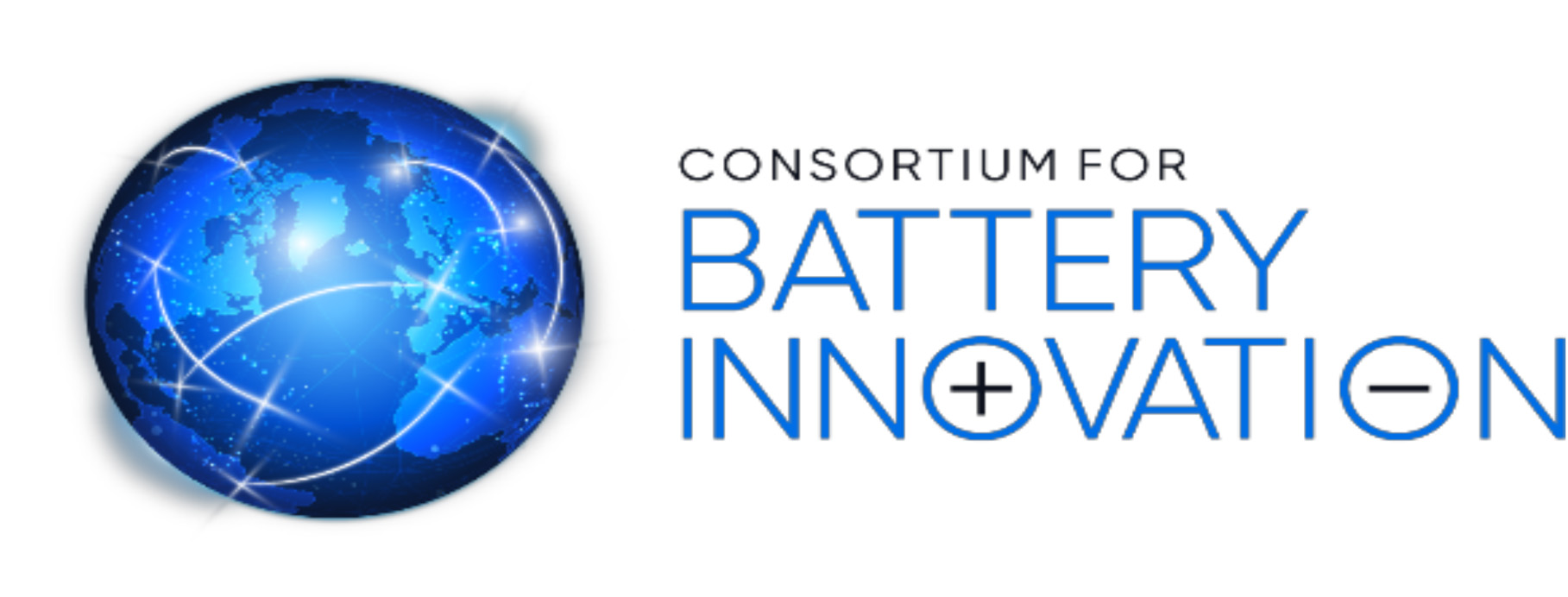
CBI, the consortium for battery innovation, promotes research and innovation in the lead battery industry, and aims to communicate their benefits as one of the fantastic options for energy storage in Europe. As a technology which is 99% collected recycled at end-of-life in Europe, lead battery recycling is a blueprint for Europe’s circular economy goals. Advanced lead batteries provide energy storage capabilities for wind and solar farms to help reduce power fluctuations and provide power when the sun is down, avoiding energy wastage. They also act as frequency regulators for power grids across Europe.
Partnering with energy storage operator Upside Group in Germany, CBI member and lead battery manufacturer Narada is involved in a large frequency regulation project at Langenreichenbach, near Leipzig, Germany.
The battery capacity is 25 MWh and the system is specified to provide 15 MW for one hour for primary control reserve in frequency regulation. The network operator is Mitnetz who supply electricity to over two million customers. The battery is comprised of 10,584 units 1200 Ah lead-carbon valve-regulated cells housed in 18 containers and delivers power through nine inverters supplied by SMA Solar Technology, each capable of delivering 1.8 MVA.
The system is managed by two controllers also provided by SMA so that the battery discharge and recharge are precisely controlled to match the grid requirements for maximum efficiency. All the battery cells are individually monitored to ensure any deviation in performance is detected and corrected before there is a problem.
The lead-carbon technology used for this frequency regulation project was developed in partnership with CBI. They have a projected calendar life of 15 years and an extended cycle life in shallow cycle service. These batteries have been extensively deployed globally for peak shaving, off-grid wind power installations, and in telecommunications hybrid solutions and energy storage model data centers.
The project in Leipzig is one of many renewable energy storage projects supported by lead battery technology in Europe.
For more information, please see the full case study: https://batteryinnovation.org/narada-leipzig-germany/

